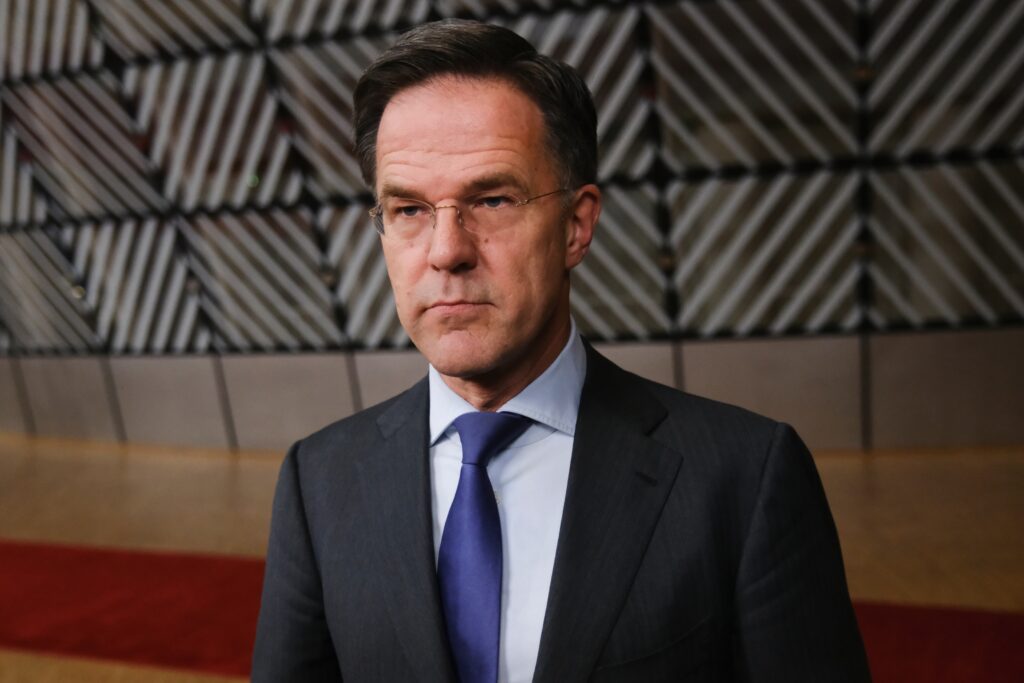NATO Secretary-General Mark Rutte has called on Ukrainian President Volodymyr Zelenskyy to stop publicly criticizing German Chancellor Olaf Scholz. Zelenskyy’s comments center around Germany’s refusal to provide Taurus cruise missiles to Ukraine. Despite the disagreement, Germany remains one of Ukraine’s most significant allies since Russia’s invasion in 2022.
“I have often told Zelenskyy that he should stop criticizing Olaf Scholz because I think it is unfair,” Rutte stated in an interview with the German Press Agency (dpa). Scholz defended his decision by citing the “high risk of escalation” with Russia.
Differing Approaches to Military Aid
Rutte expressed his willingness, unlike Scholz, to supply cruise missiles to Ukraine without restrictions. “These capabilities are extremely important for Ukraine,” he emphasized, while acknowledging that each NATO member decides independently on the scope and type of support they provide.
Zelenskyy recently criticized Scholz for holding a phone call with Russian President Vladimir Putin. He claimed the call had “opened a Pandora’s box,” undermining international efforts to isolate Russia and achieve a fair peace. Rutte’s intervention could provide Scholz with some political relief, as the German chancellor faces significant domestic pressure. Scholz’s governing coalition recently collapsed, and he lost a parliamentary vote of confidence.
NATO Faces New Challenges Amid Old Goals
Scholz’s political challenges are mirrored by his low approval ratings, which have reached historic lows. The SPD trails far behind the CDU in polls. Friedrich Merz, the CDU leader and frontrunner for the upcoming elections on February 23, has pledged to deliver the Taurus cruise missiles to Ukraine if elected as chancellor.
Rutte also commented on potential demands from U.S. President-elect Donald Trump regarding increased defense spending by European NATO members. “He will demand that we do more,” Rutte said, referencing Trump’s proposal to raise NATO’s defense spending target from 2% of GDP to 5%.
The NATO alliance stated that, for the first time, European members collectively will spend 2% of their GDP on defense this year. However, not all nations have reached this target, and Trump’s expected demands could create further tensions within the alliance.


